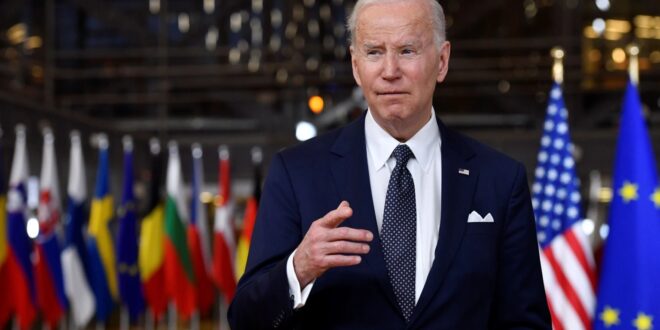Since Russia’s invasion of Ukraine last year, the U.S. has made alliance-management its top priority in Europe. The Biden administration had already devoted significant time and effort since taking office to repair the damage of the Trump years and bring the U.S. back as the leader of the West. The war in Ukraine has underscored the degree to which those efforts have paid off.
Yet after one year of war, U.S. leadership has encountered a paradox: It is too successful for its own good. It produces remarkable results for Ukraine and the NATO alliance. But it incentivizes Europeans to lean into U.S. efforts instead of assuming their own leadership role. There is a “Western” policy toward the war, but there is no European policy.
There is little doubt that strong U.S. leadership was necessary at the beginning of the war, when few believed that Russian President Vladimir Putin would actually embark on his delusional neo-imperial campaign. But after one year, alliance-management remains a heavy, time-consuming burden for the Biden administration. The “hundreds of hours” that Secretary of State Antony Blinken has logged to keep the coalition intact must appear to U.S. officials as the diplomatic equivalent of “helicopter parenting.” And despite the best of intentions, Europeans have little incentive or necessity to change this status quo.
 Eurasia Press & News
Eurasia Press & News



